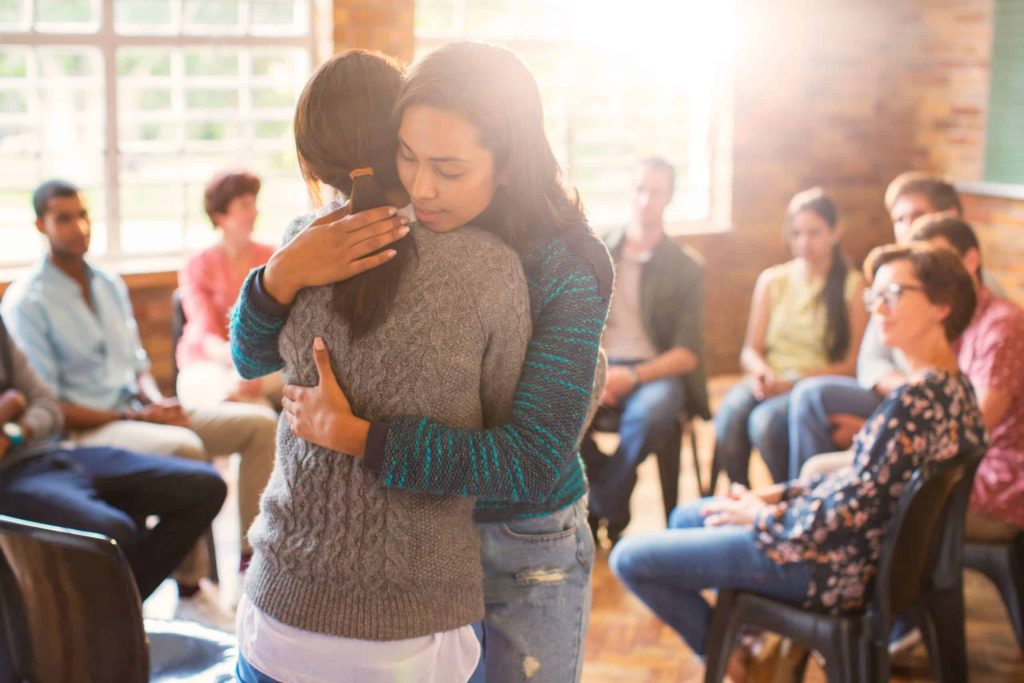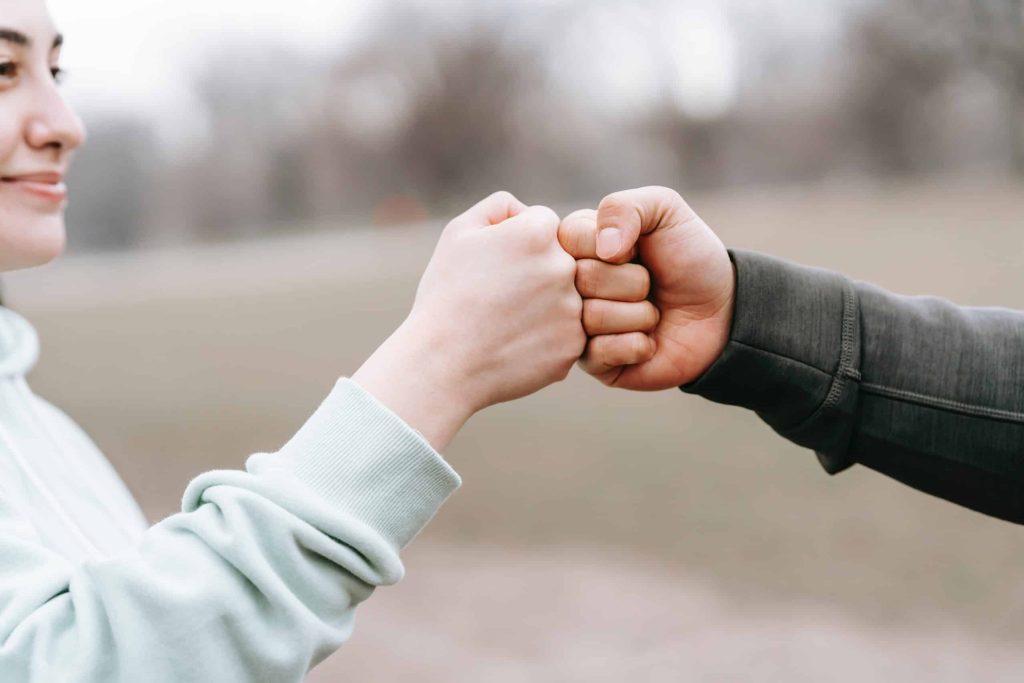Entering a rehabilitation program is a pivotal step towards reclaiming control over one’s life from the grip of addiction or injury. This essay delves into the comprehensive landscape of rehabilitation, providing an insight into what individuals can expect when embarking on this transformative journey.

Comprehensive Assessment and Personalized Plans
A cornerstone of effective rehabilitation is a thorough assessment of an individual’s physical, emotional, and psychological state. Upon admission, expect to undergo evaluations that determine the extent of your condition, underlying issues, and specific needs. This assessment forms the basis for crafting a personalized rehabilitation plan tailored to your unique circumstances.
Holistic Approach to Healing
Rehabilitation is not limited to addressing the physical aspects of the issue at hand; it embraces a holistic perspective that acknowledges the interconnectedness of the body, mind, and spirit. Depending on your needs, expect a multi-faceted approach that combines medical interventions, therapeutic sessions, and wellness activities. This holistic synergy accelerates healing by addressing underlying causes and promoting overall well-being.
Therapeutic Interventions and Counseling
A significant aspect of rehabilitation is therapeutic interventions that target emotional and psychological well-being. Rehabilitation centers offer a range of therapies, including individual counseling, group therapy, and family therapy. These sessions provide a safe space to explore underlying issues, develop coping mechanisms, and foster resilience in the face of challenges.
Education and Skill Building
Rehabilitation equips individuals with essential tools and knowledge to navigate life post-treatment. Expect educational sessions that cover topics like relapse prevention, stress management, and healthy coping strategies. Skill-building workshops empower you to develop practical life skills that support your journey towards sustained recovery.
Physical Rehabilitation and Wellness Activities
For those recovering from physical injuries, rehabilitation encompasses tailored exercise regimens, physiotherapy, and occupational therapy. These interventions aim to rebuild strength, restore mobility, and enhance functionality. In tandem, wellness activities such as yoga, mindfulness, and meditation foster a mind-body connection that complements the healing process.
Supportive Community and Peer Interaction
Rehabilitation often takes place within a community of individuals who share similar challenges. The camaraderie within this community creates an environment of empathy, understanding, and mutual support. Peer interaction fosters a sense of belonging and reduces feelings of isolation, making the recovery journey less daunting.
Transition and Aftercare Planning
As your rehabilitation journey nears completion, expect comprehensive planning for your transition back to everyday life. Aftercare plans may involve outpatient support, continued therapy, and access to support groups. These measures provide a safety net to prevent relapse and ensure a smooth reintegration into society.
Unveiling the Rehabilitation Odyssey: A Glimpse of What Awaits
The path to rehabilitation is a transformative odyssey, guiding individuals towards recovery, restoration, and a renewed lease on life. This essay unveils the elements that constitute the rehabilitation experience, offering a glimpse into the transformative journey that lies ahead.
Structured Routine and Consistency
Rehabilitation often unfolds within a structured and organized environment. Daily routines encompass a balance of therapeutic sessions, wellness activities, and downtime for reflection and self-care. This consistent structure provides a sense of stability and purpose, aiding in the process of rebuilding one’s life.
Supportive and Empathetic Professionals
At the heart of rehabilitation are dedicated professionals who walk alongside individuals on their journey to recovery. Expect to work with a team of counselors, therapists, medical professionals, and support staff who are committed to your well-being. Their empathy, expertise, and guidance form the bedrock of your rehabilitation experience.
Counseling and Therapeutic Exploration
Therapeutic sessions serve as a cornerstone of rehabilitation, offering a platform to delve into the emotional and psychological facets of your journey. Individual counseling sessions provide an opportunity to address personal challenges, while group therapy fosters connection and shared insights. These sessions offer tools for self-discovery, healing, and personal growth.

Detoxification and Medical Stabilization
For individuals grappling with addiction, the early stages of rehabilitation often involve detoxification. Medical professionals oversee this process, ensuring your safety and comfort as your body rids itself of harmful substances. Medical stabilization sets the foundation for subsequent phases of recovery.
Skill Development and Coping Strategies
Rehabilitation equips you with a toolkit of coping strategies and life skills essential for maintaining sobriety or managing your condition. Workshops and educational sessions cover relapse prevention, stress management, communication skills, and effective problem-solving. These skills empower you to navigate life’s challenges with resilience.
Connection and Shared Growth
Rehabilitation centers provide a nurturing environment that fosters connections with peers who share similar journeys. Engaging in shared experiences, group discussions, and recreational activities creates bonds that transcend the confines of the rehabilitation program. These connections offer a source of camaraderie, understanding, and mutual support.
Reintegration and Beyond
As your rehabilitation journey progresses, the focus shifts towards reintegration into the wider community. This phase involves building a solid aftercare plan that may encompass outpatient support, ongoing therapy, and participation in support groups. These measures provide a safety net to prevent relapse and sustain the progress achieved during rehabilitation.
Embracing Rehabilitation: A Roadmap to Transformation
The decision to embark on a rehabilitation journey marks a profound commitment to transformation and healing. This essay illuminates the path that individuals can anticipate when engaging in rehabilitation, offering insights into the transformative process that awaits.
Comprehensive Assessment and Tailored Approach
Rehabilitation begins with a comprehensive assessment that lays the groundwork for a personalized approach to recovery. Expect a thorough evaluation of your physical health, psychological well-being, and individual needs. This assessment guides the development of a tailored rehabilitation plan designed to address your unique circumstances.
Collaborative Treatment Team
One of the hallmarks of effective rehabilitation is a collaborative treatment team that encompasses various disciplines. Medical professionals, therapists, counselors, and support staff work cohesively to provide holistic care. Their expertise, coupled with a compassionate approach, forms the cornerstone of your rehabilitation journey.
Holistic Healing Modalities
Rehabilitation transcends the conventional concept of healing by embracing a holistic approach. Beyond addressing physical ailments, it nurtures mental and emotional well-being. Therapies such as individual counseling, group therapy, art therapy, and mindfulness practices create a harmonious fusion that nurtures mind, body, and spirit.
Structured Routine and Goal Setting
Structured routines provide a sense of stability during the rehabilitation process. Daily schedules include therapy sessions, wellness activities, and moments for introspection. Goal setting plays a pivotal role, enabling you to track progress, celebrate achievements, and lay the foundation for lasting positive change.
Personal Growth and Skill Enhancement
Rehabilitation fosters personal growth through skill enhancement and self-discovery. Workshops and educational sessions empower you with coping strategies, communication skills, and relapse prevention techniques. These tools empower you to navigate challenges with confidence, resilience, and a renewed sense of purpose.
Supportive Community and Connection
Rehabilitation centers create an environment of camaraderie and connection among peers who share similar experiences. Group discussions, shared activities, and mutual support forge bonds that offer encouragement and understanding. This sense of community reinforces the belief that you are not alone on this transformative journey.
Transition and Sustained Progress
As your time in rehabilitation draws to a close, the focus shifts to transition and sustained progress. A robust aftercare plan is meticulously crafted, encompassing post-rehabilitation support, outpatient therapy, and engagement in support groups. This phase serves as a bridge to independent living while ensuring continued growth and resilience.
In conclusion, the rehabilitation journey is a testament to the power of transformation and resilience. With a personalized approach, collaborative professionals, and a commitment to holistic well-being, individuals can anticipate a path that leads to healing, self-discovery, and a brighter future.























Discussion about this post